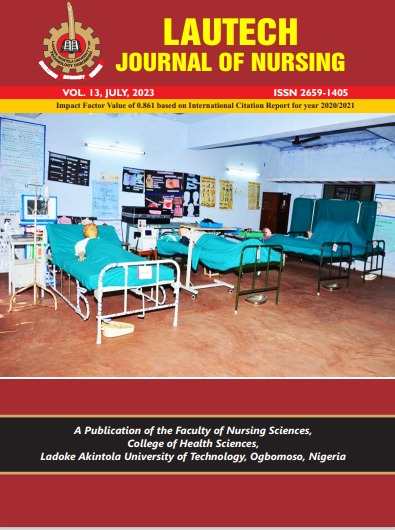This study investigated the quality of open and distance learning education as well as identified the challenges faced in the implementation and provision of Open Distance Learning Compared with Conventional (faceto-face) Learning among undergraduate nursing students in Nigeria. A sequential, descriptive, mixed study was conducted among 1,380 undergraduate nursing students for quantitative survey, 24 nursing students for focus group interview and 3 key informants were interviewed across four geopolitical zones in Nigeria using Multistage sampling technique. Questionnaire adapted from a model for evaluating elearning system quality in higher education in developing countries and the Students University Satisfaction Tool-SUST was used to collect quantitative data while focus group and key informant interviews were used to collect qualitative data. Face and content validity of the quality of the instruments was established. Face validity of the instrument was carried out by the researcher’s supervisor, while content validity was done by experts in the fields of education and nursing: necessary corrections were made without distorting the intent of the study. The questionnaire was subjected to reliability test using test-retest method was done and a correlation coefficient of 0.846 was obtained which shows that the instrument is highly reliable. Ethical clearances were obtained from National Health Research Ethics Committee of Nigeria and the selected universities; and informed written consents were obtained from all participants before the commencement of the study. Completed questionnaires for quantitative study were coded and uploaded into Statistical Package for Social Sciences version 23. Descriptive statistics was used to describe variables and inferential statistics were used to test for relationship between variables. ANOVA analysis helps to compare mean of the Quality Assessment of Nursing Students and indicated that Dual programme is of higher Quality in terms of Course Design, Course Syllabus, Social Community Support, Administrative Facilities, Institutional Facilities, Teaching / Learning Facilities and System of the programme than the Conventional (Face to Face) and Open and Distance Learning programme: while the key informants rated all types of programme as equally high since all were fully accredited by the NUC. The paper concluded Open and Distance Learning always have
challenges in gaining access to academic advisors; due to inadequate number of lecturers and lack of technology expertise; and inadequate equipped nursing laboratories among others, while the Conventional (Face to Face) faces less challenges and Dual learning having the least challenge in those areas. It was recommended that Nigeria Nursing Education System should embrace blended/hybrid learning approach in all its colleges and departments of nursing in the universities.
- IGBINLADE | ADEWUMI | SEGUN | sigbinlade@noun.edu.ng. | 08037252203
- Quality; Open and Distance Learning; Challenges; Undergraduates; Nursing Students; National Open University of Nigeria
- ADEWUMI SEGUN IGBINLADE


